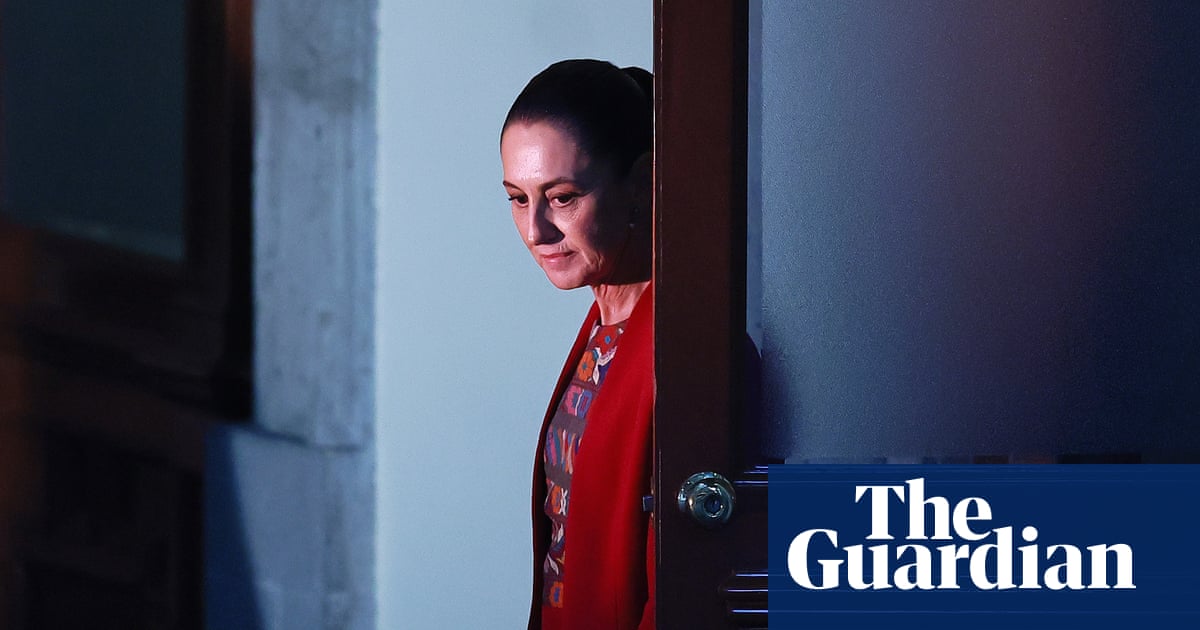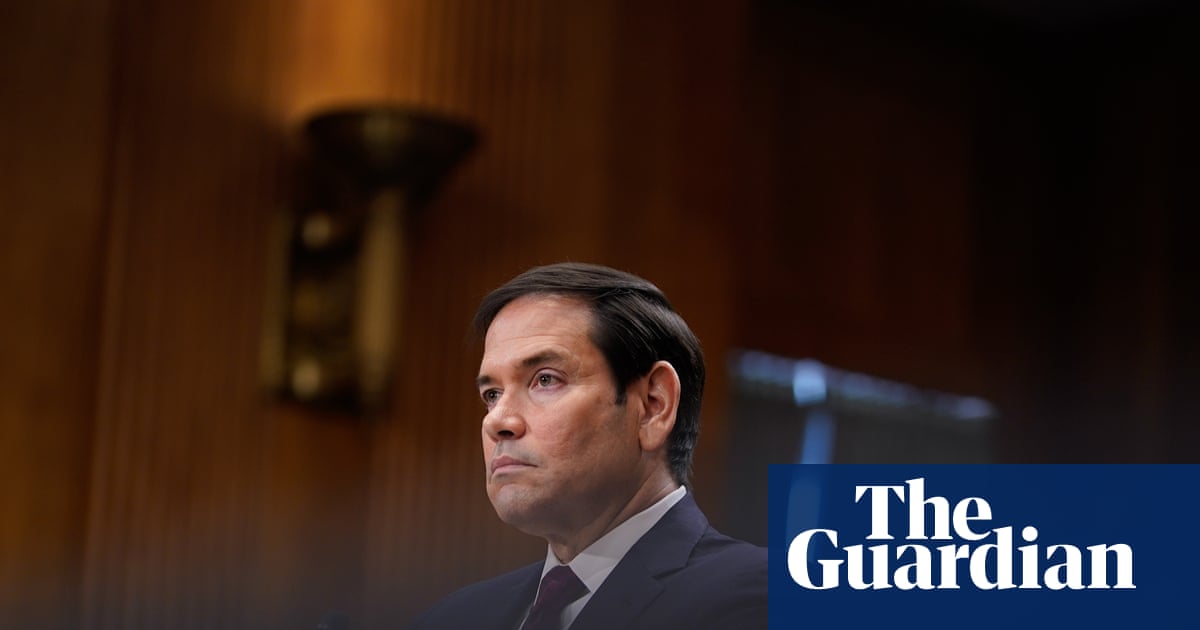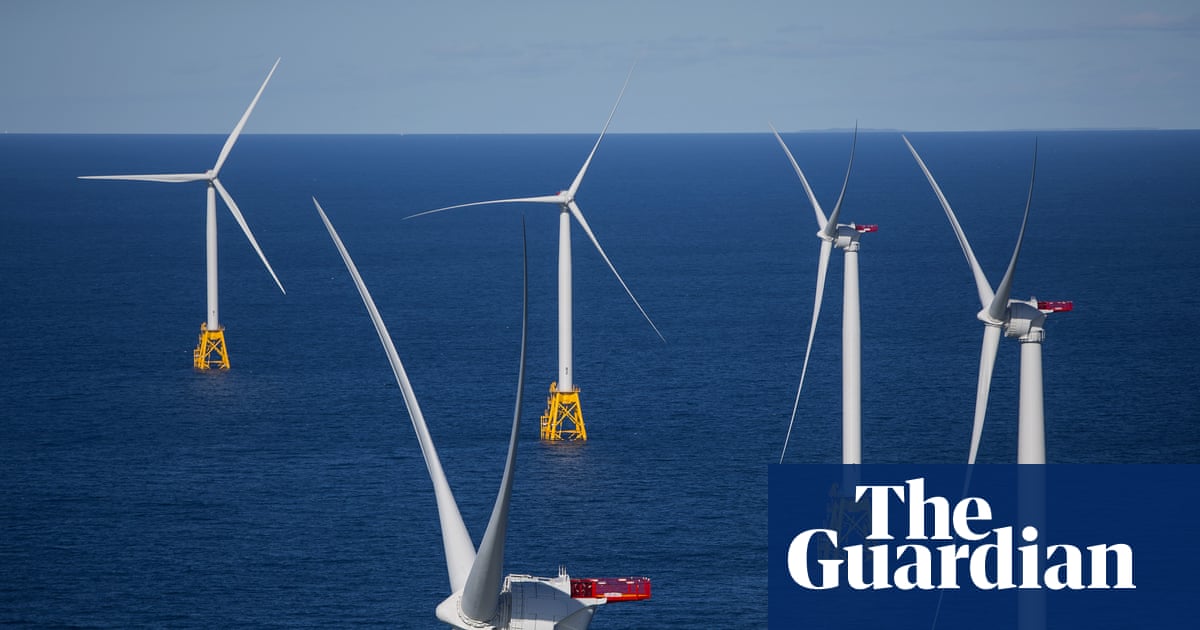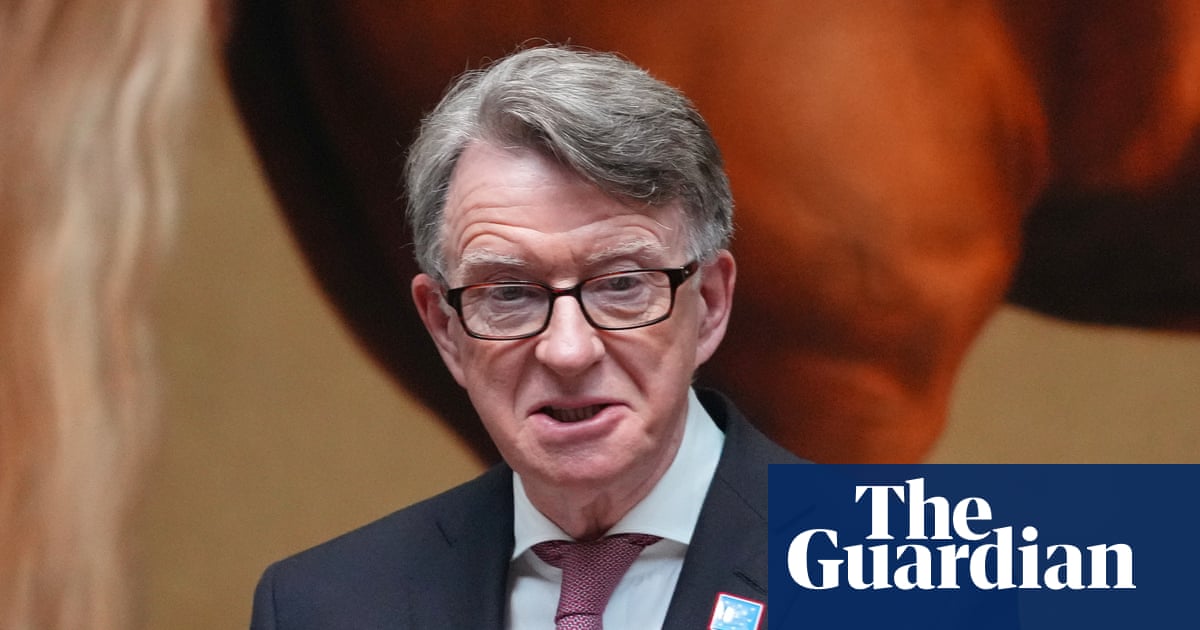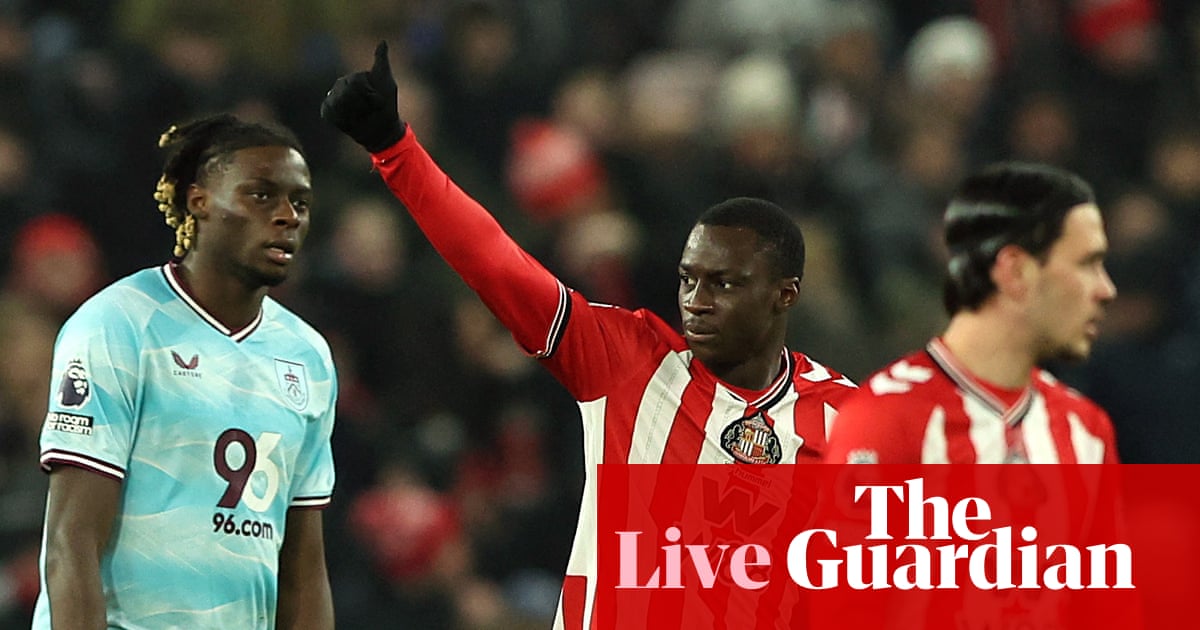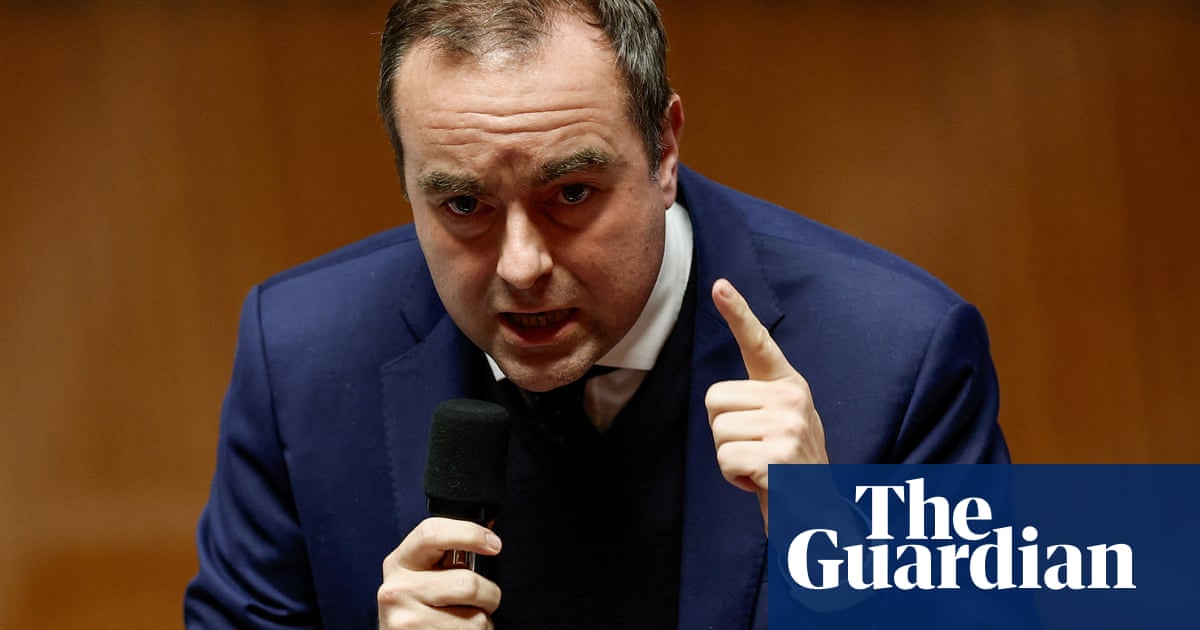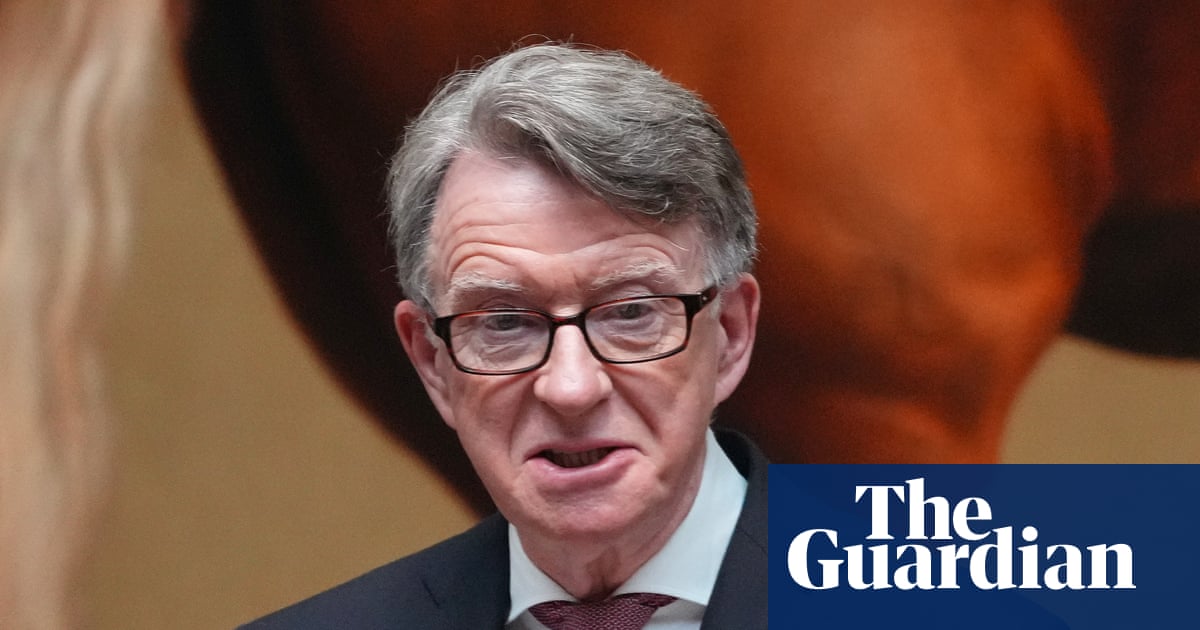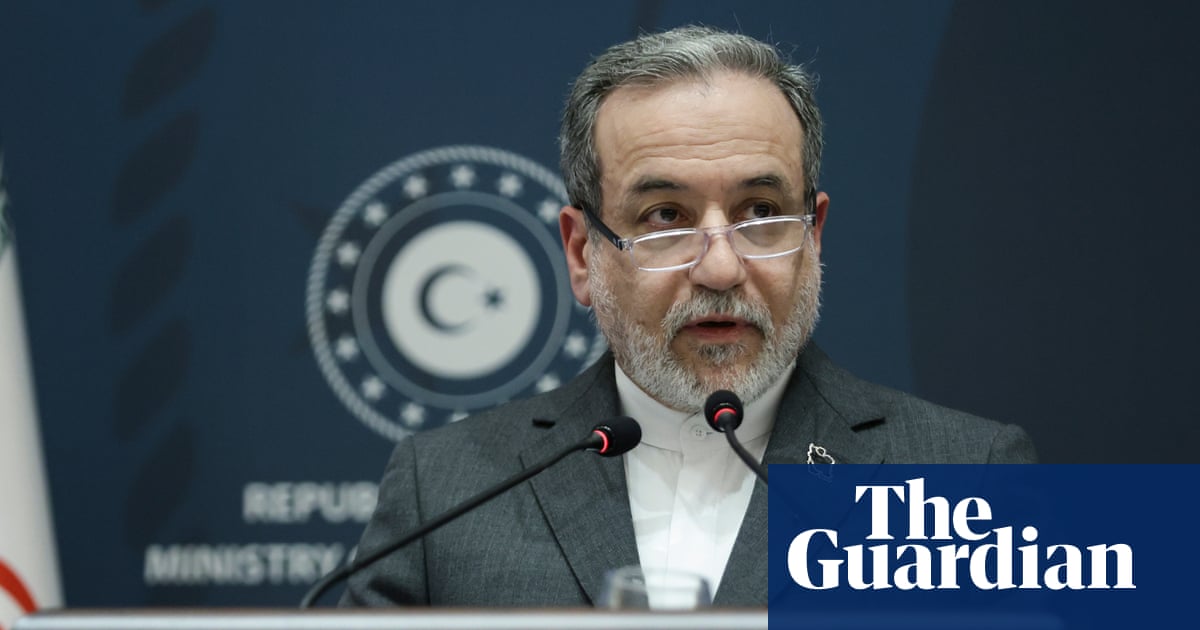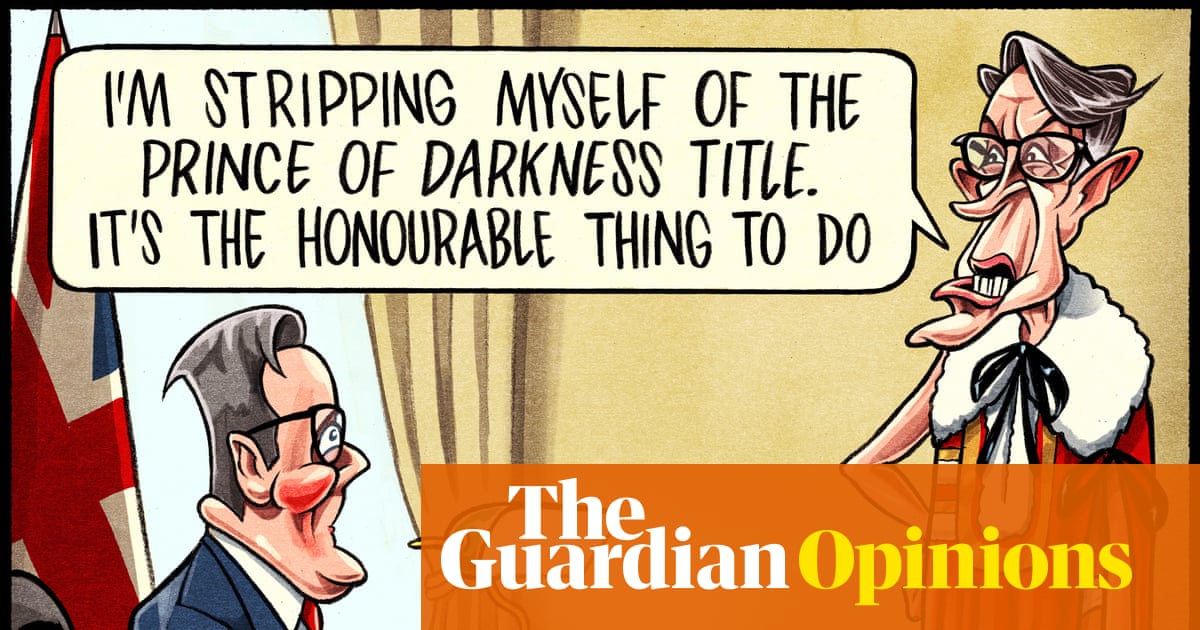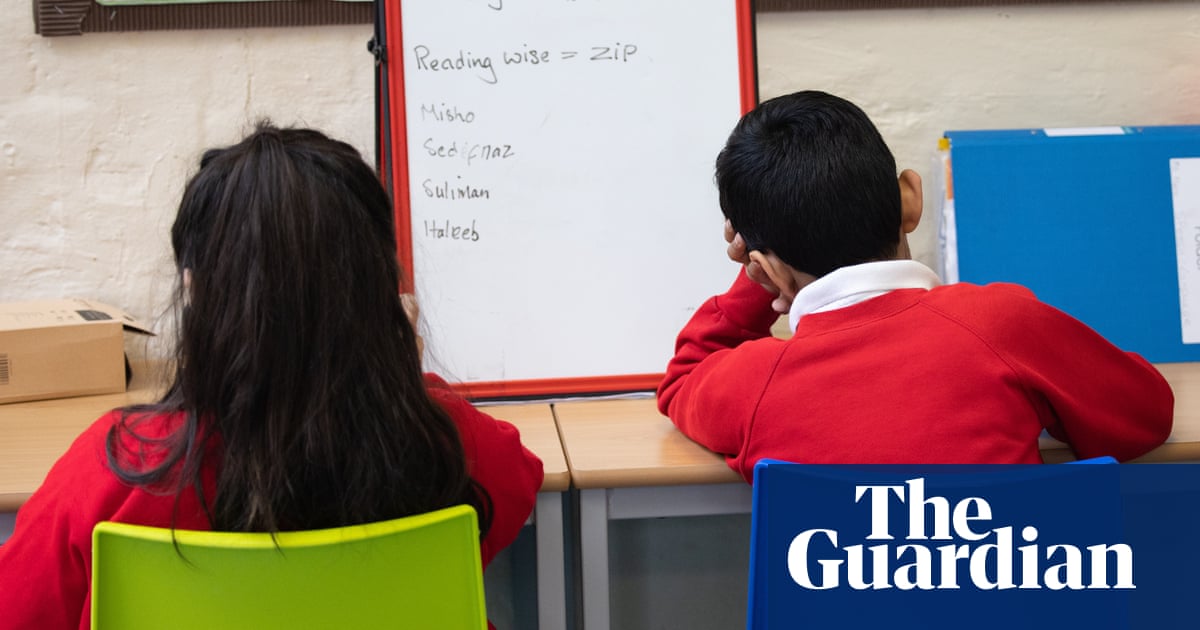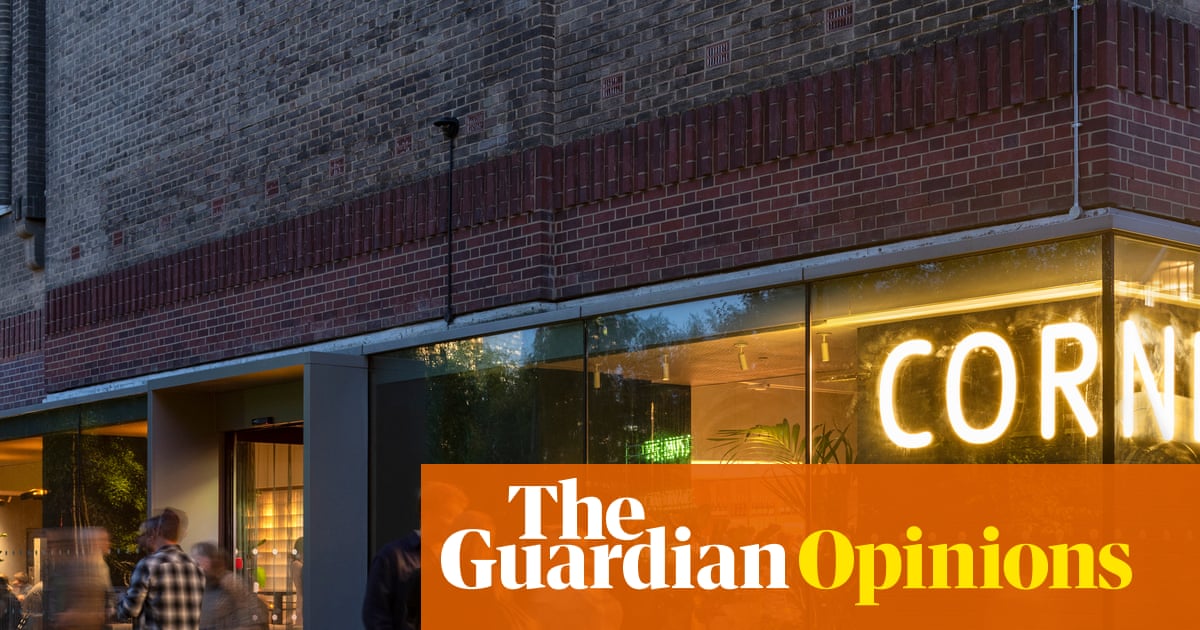The withdrawal of the bid for the Telegraph led by RedBird Capital has once again plunged the future of the titles into uncertainty, and raises questions over the dogged refusal of its sellers to drop the eye-watering £500m asking price that had driven away other potential suitors.
On Friday, a consortium that also included UAE fund International Media Investments (IMI) as well as the owner of the Daily Mail and the billionaire Sir Leonard Blavatnik, dropped its bid abruptly with no explanation given.
RedBird has been under intense attack in recent weeks with the Telegraph newsroom – and allies including former editor Charles Moore and ex-Spectator chief Fraser Nelson – publishing a string of pieces calling for its links to China to be investigated.
Lisa Nandy, the culture secretary, had been due to announce a decision imminently on whether to let the bid progress, and also if it should be subject to scrutiny by media regulator Ofcom and the UK competition watchdog, and she also has new powers to scrutinise foreign state investments.
The Telegraph is currently controlled by RedBird IMI, a joint-venture between RedBird Capital and IMI, which is controlled by Abu Dhabi’s Sheikh Mansour bin Zayed al-Nahyan, the vice-president of the United Arab Emirates and owner of Manchester City football club.
The RedBird Capital consortium had been attempting to engineer a deal to reduce IMI’s stake to 15%, after RedBird IMI was forced to sell due to government legislation of the ownership of UK newspapers by foreign states.
“They will have to start another pitch process, which will be elongated and destabilising, and the Telegraph is clearly not worth £500m,” said Alex DeGroote, an independent media analyst. “There will need to be a recalibration of what it is properly valued at in the market as only RedBird through its association with IMI was willing to pay asking price.”
A new sale process is likely to revive interest from GB News investor Sir Paul Marshall, who acquired the Spectator last September for £100m, and had been interested in the wider Telegraph Media Group before being frozen out on price.
Similarly, Lord Saatchi and Lynn Forester de Rothschild last August made a £350m bid – plus a promise of further payments dependent on performance – which was also rejected by RedBird IMI.
And the involvement of Lord Rothermere in the RedBird bid shows that the Daily Mail proprietor is keen to be involved in any potential future consortium.
After the publication of a blistering opinion piece in the Telegraph by former editor Charles Moore late last month, in which he said RedBird founder Gerry Cardinale had threatened to “go to war with our entire newsroom”, editor Chris Evans had marshalled senior journalists to publisha string of incendiary pieces criticising its putative owner.
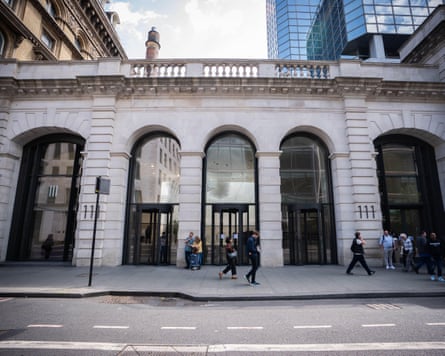
A 3,000 word deep-dive pushing the narrative that a deal with RedBird would lead to Chinese state influence over the titles was led with a picture of the chair, John Thornton, shaking hands in a one-on-one meeting with the suspected ringleader of the alleged Chinese spy ring in Westminster.
RedBird has said repeatedly that there is no Chinese influence or investment by institutions or individuals from China, and not all in the Telegraph newsroom have been happy with the deal-breaking crusade waged by senior executives.
For some Telegraph staff another failed bid is bad news for morale.
“We’re sick of being the story,” says one frustrated member of the newsroom, lamenting the open warfare waged by the Daily and Sunday Telegraph targeting Cardinale’s RedBird Capital.
“This sorry saga has dragged on for more than two years now and most of us just want to see the back of it,” they add. “There is no feeling of victory here, this is just demoralising. Who knows where this leaves us now.”
In May, when RedBird Capital announced an agreement to buy the Telegraph it was met with relief in the newsroom.
Anna Jones, the chief executive of parent Telegraph Media Group, spoke of the future in glowing terms talking of “exciting growth plans” that would “unlock our full potential”.
The abrupt change of heart by senior editorial executives, which has scuppered the ambitions of the latest would-be suitor, has once again left the titles in limbo.
How did we get here?
RedBird’s journey to becoming the majority owner of the Telegraph was a circuitous one. Cardinale is, by his own admission, not a newspaper man.
His $12bn (£9bn) fund manages a portfolio of media, sport and entertainment assets, including AC Milan and Matt Damon and Ben Affleck’s film studio, Artists Equity, but he admits “I don’t have tremendous experience in news”.
Lloyds Bank put the Daily and Sunday Telegraph up for sale in June 2023 after seizing control from the Barclay family in a row over unpaid debts.
Redbird IMI took control of the newspaper titles and the Spectator later that year after providing a loan to the Barclays to pay their debts to Lloyds.
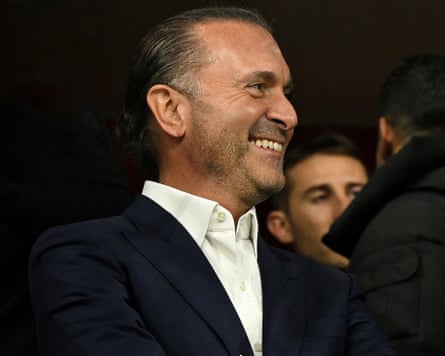
Uproar about foreign ownership of UK media followed. RedBird IMI was forced to put the papers up for sale in spring 2024.
The newsroom then made short work of Dovid Efune, the British-born owner of the New York Sun, ensuring prospective backers would not join his highly speculative bid.
In May, RedBird tabled a plan under which IMI would hold a 15% stake, after Labour eased the ban on foreign governments owning stakes in UK newspapers, and subsequently secured the backing of Rothermere and Blavatnik.
Why the change of heart?
Last month, RedBird hired Financial Times senior executive Matthew Garrahan as its London-based operating partner across its news and entertainment portfolio.
Its UK portfolio includes Liverpool football club, TV production giant and creators maker All3Media, and Channel 5 through the recently completed merger of Paramount and Skydance.
However, Garrahan’s appointment fuelled rumours that he was being lined up to replace Evans as editor of the Telegraph, stoking speculation that RedBird already had plans for a post-acquisition shake-up.
Cardinale’s alleged threat to “go to war” with the newsroom, a move that prompted the titles’ independent directors to lodge a complaint about a potential breach of editorial independence with Nandy, further soured relations.
To try to assuage concerns it said that it would have set up an “independent advisory board” to uphold journalistic integrity, led by Lord Black of Brentwood, the deputy chair of the parent company of the Telegraph and Sunday Telegraph.
As recently as late last month, Cardinale made his case in a Telegraph piece in which he promised to embrace change and plough in investment to enable the titles to “become the most successful conservative newspaper in the English-speaking world”.
What happens next?
The price of the title has been the biggest sticking point – with the Telegraph itself pointing out that revenues and profits have remained flat year on year in its most recent publicly available results published for 2024.
Most media analysts believe that a more representative price tag for the titles is in the region of £350m.
However, RedBird IMI’s insistence that it wants £500m to recoup the £600m loan that gained it control of the titles and the Spectator, has frozen out other potential suitors.
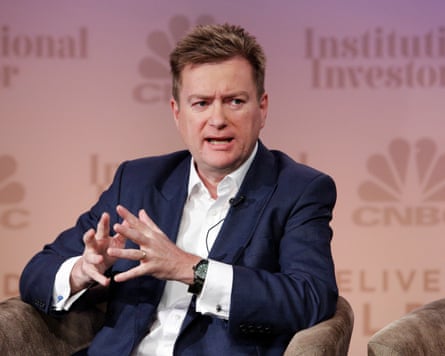
A spokesperson for IMI said its priority was to “end the uncertainty and secure the Telegraph’s long-term success”.
“We have remained in contact with a number of interested parties, interest in the titles remain strong,” said the spokesperson.
One school of thought is that Marshall still wants to add the Telegraph to his growing media empire – but only at the right price.
“Marshall did have a pronounced interest in the Telegraph at the time he bought the Spectator,” said a source. “But he decided it was not worth near the asking price. While I don’t believe he is looking at it now, you can never say never, and now the whole thing is going back to square one, at a more reasonable price I’m sure more bidders would emerge.”
If RedBird IMI does go back to the drawing board on price it may well be Marshall – whose prospective bid in a consortium backed by the US billionaire Ken Griffin was also targeted by the Telegraph at the time – who reignites his desire to create a rightwing media empire.
For the Telegraph and its army of 400 journalists, uncertainty reigns once more.

 2 months ago
90
2 months ago
90



